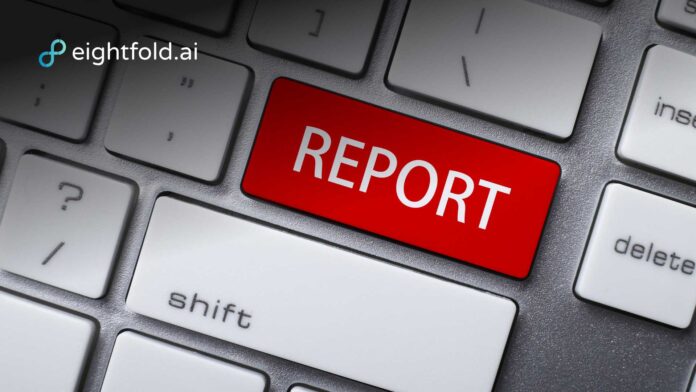In the AI era, HR can’t afford to sit on the sidelines.
A new survey report from Harvard Business Review Analytic Services, sponsored by talent intelligence platform Eightfold AI, spotlights a growing gap between how business leaders view HR’s role in AI transformation—and the reality on the ground.
Drawing on insights from 371 HR pros and executives (mostly senior leaders at large enterprises), the report reveals a stark truth: while 91% agree that talent is essential for successful AI integration, only 21% say their HR departments have a seat at the strategic table. That disconnect could leave organizations dangerously unprepared for the workforce demands of AI.
HR’s AI Knowledge Gap: A Strategic Risk
The survey findings show that most HR teams are not yet equipped to rise to the challenge. A full 52% cite lack of internal AI expertise as the biggest reason HR isn’t helping steer AI strategy. Meanwhile, 72% of respondents admit AI adoption has worsened existing technical skill gaps—a glaring warning that companies are building with brittle foundations.
Despite this, just 35% say their HR function is effective at upskilling or reskilling employees to meet AI’s demands. That’s a concerning statistic in an environment where agility, data literacy, and soft skills like adaptability are no longer nice-to-haves, but core competencies.
Why It Matters: The AI Talent War Is On
The AI arms race isn’t just about technology—it’s about people. Companies are scrambling to find or develop employees with the data fluency, problem-solving, and cross-functional agility to thrive alongside AI systems. The report warns that most firms have no sustainable pipeline for AI-capable talent.
For companies looking to gain competitive advantage, that’s a wide-open door.
Rather than chase an ever-shrinking pool of AI specialists, the report encourages HR teams to shift from role-based hiring to skills-based development, rethinking everything from job architecture to internal mobility. The companies that get this right—those who prioritize employee adaptability and invest in meaningful upskilling—will be better positioned to thrive.
Talent Intelligence as the Next Strategic Lever
Interviews with Fortune 500 HR leaders suggest that forward-thinking teams are beginning to use AI to solve AI-created problems. This includes using AI to identify hidden skillsets, optimize learning paths, and personalize career development—while leaning hard into change management.
Yet even with these tools in hand, HR must evolve into a data-literate, tech-savvy function. That means understanding AI’s impact not just on workforce composition, but on the culture of work itself.
There’s a growing recognition that creative problem-solving and emotional intelligence will define successful AI-era teams just as much as technical skills. That puts HR in a prime position to lead—but only if it modernizes its own capabilities first.
Join thousands of HR leaders who rely on HRTechEdge for the latest in workforce technology, AI-driven HR solutions, and strategic insights.






